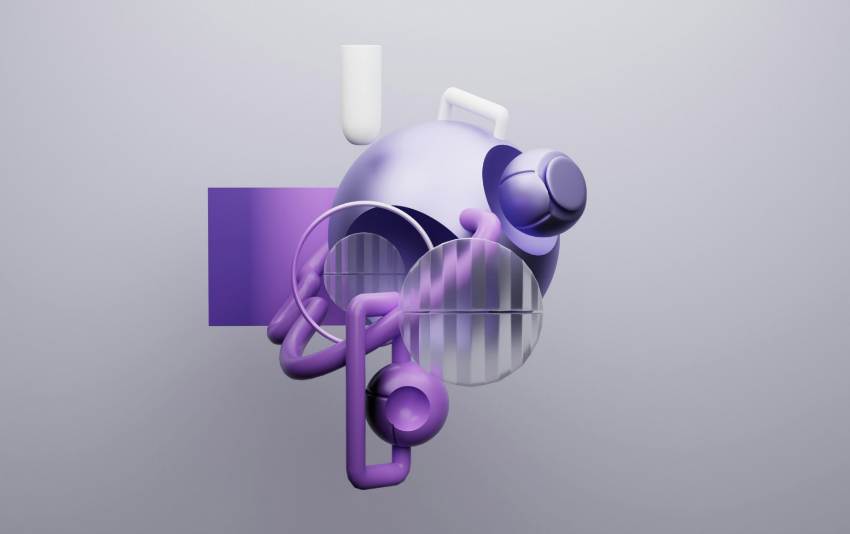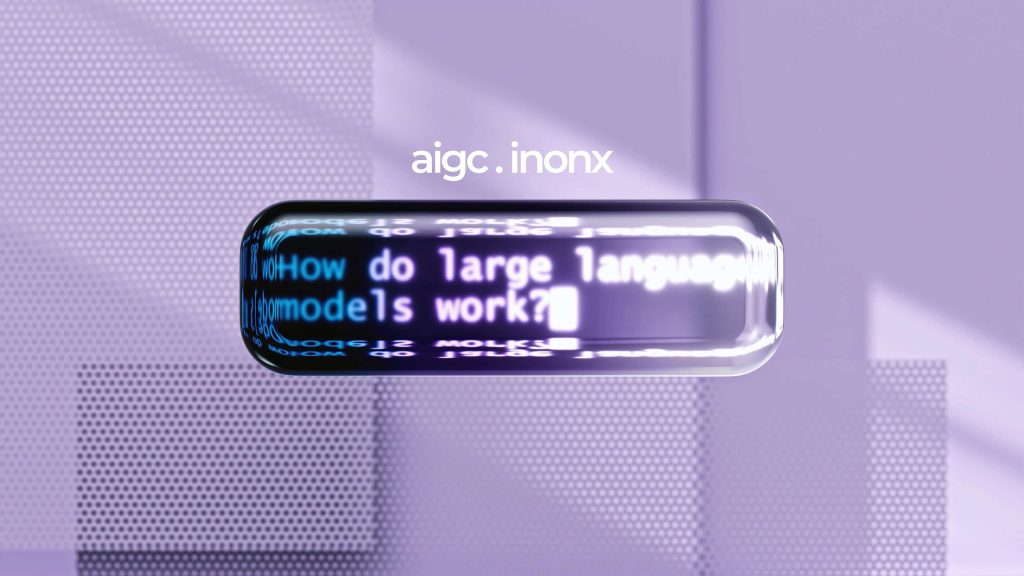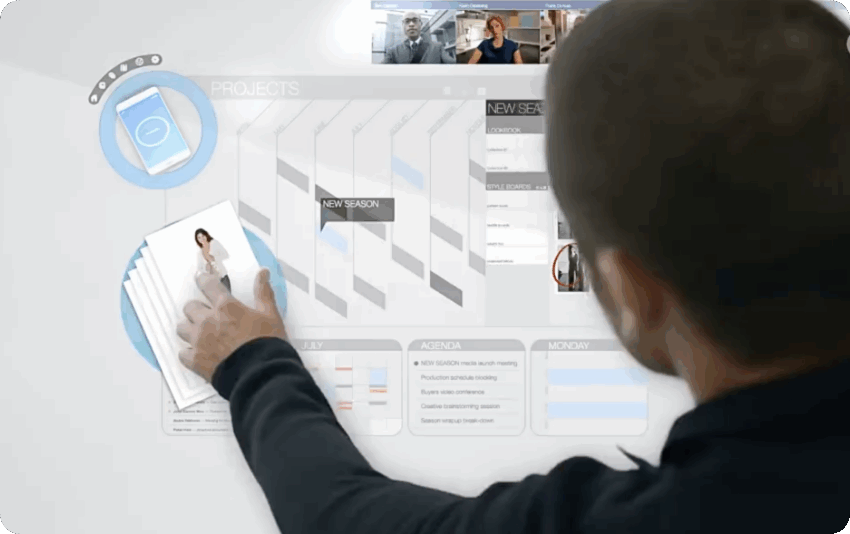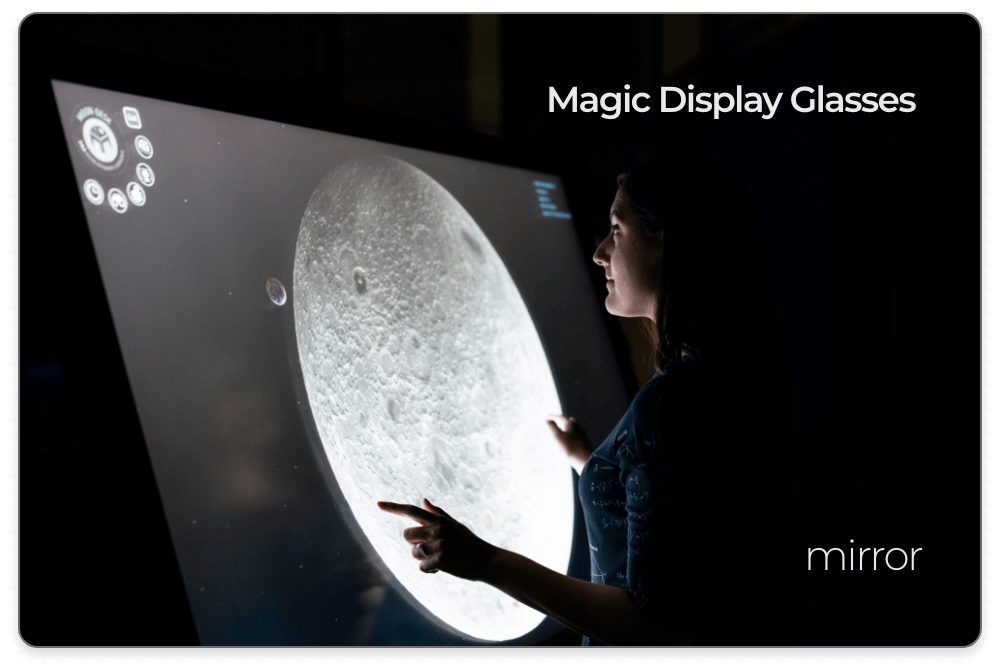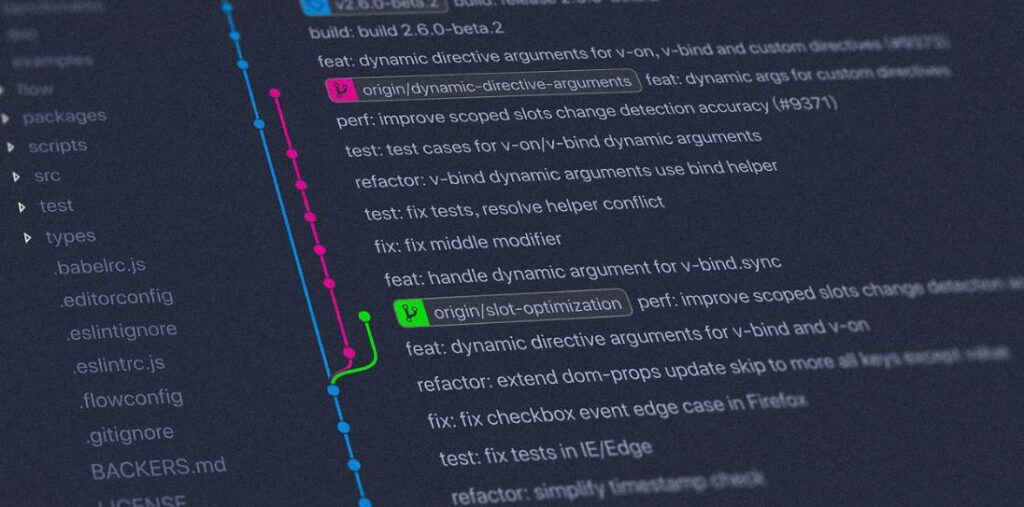The intersection of artificial intelligence and healthcare has sparked transformative changes in the industry. As societies and health systems face unprecedented challenges, AI technologies have emerged to enhance various medical practices. Among them, AI telemedicine, AI-driven process optimization, and AI bioinformatics are paving the way for a more efficient, effective, and personalized healthcare system. This article dives into these innovations, their applications, industry trends, and real-world implications.
.ai telemedicine is a rapidly growing field that leverages AI technologies to facilitate remote healthcare services. This approach provides significant benefits, particularly in extending medical care to underserved populations and reducing the burden on traditional healthcare facilities.
A 2020 report from the American Telemedicine Association highlighted a staggering increase in telemedicine usage, attributing this change largely to the COVID-19 pandemic. AI algorithms help streamline the process, from scheduling appointments to providing preliminary diagnoses based on patient-reported symptoms. By deploying AI-driven chatbots, healthcare providers can offer 24/7 assistance, answering common patient inquiries while triaging cases that require human intervention.
Furthermore, AI telemedicine enhances patient monitoring through wearable devices, analyzed by machine learning algorithms. These devices can alert healthcare professionals in real time about concerning biometric changes, thus prompting timely interventions. A study published in the Journal of Medical Internet Research demonstrated that AI-based monitoring systems improved patient outcomes, particularly for chronic disease management, by facilitating early detection of complications.
.ai-driven process optimization is another critical development in healthcare technology. By utilizing AI algorithms and machine learning models, healthcare facilities can streamline operations, leading to significant cost savings and improved patient care. AI can analyze vast amounts of data to identify inefficiencies in workflows, thereby suggesting targeted interventions to enhance productivity.
For example, AI can optimize scheduling systems, ensuring that resources are allocated efficiently. A case study involving a large hospital in Florida found that implementing AI-driven scheduling resulted in a 20% reduction in patient wait times and increased patient throughput by 15%. These improvements not only enhance patient satisfaction but also free up healthcare resources that can be used for more critical cases.
Moreover, AI-driven process optimization extends to supply chain management, where AI systems can predict inventory needs based on historical data and current trends. A healthcare organization that adopted AI for supply chain logistics achieved a 30% reduction in wastage and improved the availability of essential medical supplies. Such systems ensure that hospitals remain prepared for emergencies, thereby enhancing their operational resilience.
Transitioning to the realm of .ai bioinformatics, this field focuses on applying AI techniques to biological data, thus facilitating breakthroughs in medical research and drug discovery. By leveraging advanced computational models, researchers can analyze genomic data, identifying patterns and correlations that would be nearly impossible to discern through traditional methods.
AI bioinformatics has significantly accelerated the pace of drug discovery. For example, researchers at Stanford University utilized deep learning algorithms to sift through millions of chemical compounds, identifying potential candidates for new medications. The research demonstrated that using AI reduced the time and costs associated with drug development, allowing pharmaceutical companies to bring new therapies to market at an unprecedented speed.
Moreover, AI bioinformatics plays a crucial role in personalized medicine. By analyzing genetic information, AI can help tailor treatments to individual patients based on their unique biological makeup. The integration of AI in genomics has led to better understanding and treatment of diseases such as cancer, where personalized therapies have shown enhanced efficacy compared to standard treatment protocols.
As AI technologies continue to develop, their integration into telemedicine, process optimization, and bioinformatics will undoubtedly evolve. The future of healthcare will be shaped by these innovations, driven by the need for more personalized, efficient, and accessible medical care.
Industry experts emphasize the necessity for regulatory frameworks to accompany these advancements. As AI systems become more prevalent, establishing guidelines to ensure patient privacy, data security, and ethical considerations is critical. A 2023 report by the World Health Organization indicated that collaboration between healthcare professionals and AI developers is essential for creating trustworthy AI systems in health settings.
The potential of AI telemedicine, AI-driven process optimization, and AI bioinformatics is vast, but the successful implementation of these technologies requires robust infrastructure and stakeholder collaboration. For example, rural healthcare settings may lack the essential technological resources to adopt AI telemedicine fully. Addressing these disparities is crucial to maximize the benefits of AI across different demographics and regions.
The collaboration between technology firms and healthcare institutions is fundamentally changing how medicine is practiced. Large tech companies have begun investing in healthcare AI solutions, understanding the significance of data in driving innovation. A partnership between Google Health and a network of hospitals demonstrated how AI can assist in interpreting medical scans. Their collaboration revealed improved diagnostic accuracy, underlining the opportunity for tech-healthcare partnerships to enhance patient outcomes significantly.
In addition to collaboration, continuous education and training of healthcare professionals in AI technologies are paramount. As healthcare evolves, professionals need to adapt to new tools and systems effectively. Hospitals and clinics that prioritize training programs can ensure their staff leverage AI’s full potential, driving a more seamless integration into everyday practices.
In conclusion, the integration of AI telemedicine, AI-driven process optimization, and AI bioinformatics is revolutionizing the healthcare landscape. These technologies not only address current healthcare challenges but also anticipate future needs. As we look ahead, fostering collaboration, establishing regulatory frameworks, and investing in workforce education will be essential to harnessing AI’s full potential in healthcare.
AI is not just a supporting player in the medical field; it is rapidly becoming a cornerstone of modern healthcare delivery. Its capabilities promise not only to improve efficiency and reduce costs but also to enhance patient care and outcomes across the globe. As we continue to witness these innovations unfold, one thing is clear: the future of healthcare will be driven by the power of artificial intelligence.
Sources:
1. American Telemedicine Association. (2020). Telehealth Impact on Healthcare Access and Quality.
2. Journal of Medical Internet Research. (2020). AI-Based Patient Monitoring Systems Enhance Outcomes in Chronic Disease Management.
3. World Health Organization. (2023). AI in Health: The Future of Medicine.
4. Stanford University. (2021). Accelerating Drug Discovery with AI: A Breakthrough Study.
5. Google Health. (2022). AI in Medical Imaging: Collaborative Advances.










